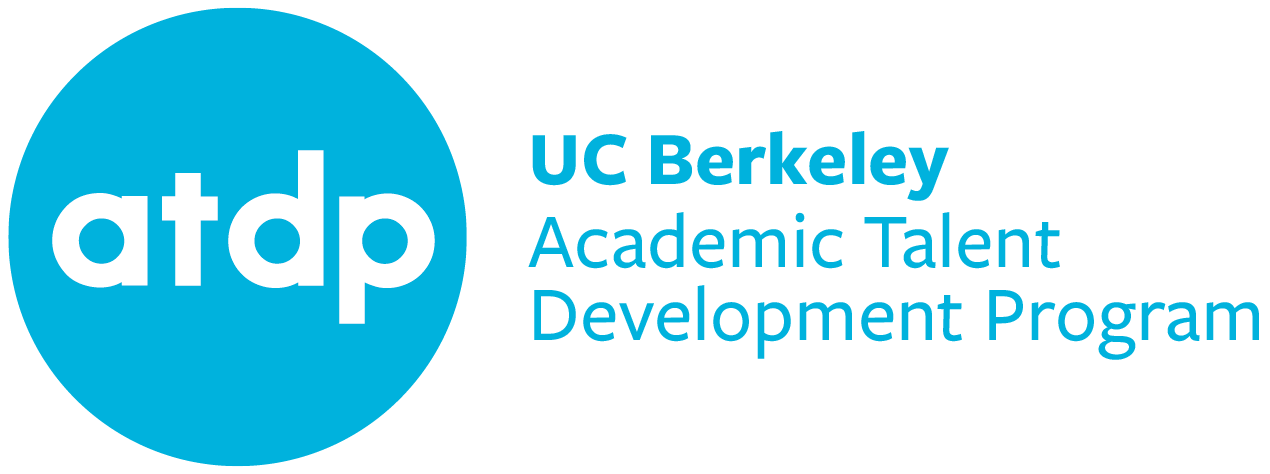by Zena Mello
Time perspective is an area of research that refers to how individuals think and feel about the past, the present, and the future, and has received increased attention as a potential factor for promoting academic achievement in adolescents (Mello, 2009; Phalet, Andriessen, & Lens, 2004; Zimbardo & Boyd, 1999). In collaboration with ATDP Faculty Director, Dr. Worrell, Postdoctoral Fellow Dr. Mello has conducted several studies on the topic that have shown how time perspective is related to academic achievement and how academically talented adolescents define the past, the present, and the future.
- Time perspective is related to academic achievement.
- Older participants thought more about the present than younger ones.
- Females had fewer negative thoughts about the future than males.
- Participants with higher academic achievement thought more positively about the future and less negatively about the present.
In the first study, academically talented adolescents completed a survey that asked about their time perspective, grade point average, and demographics, such as their age and gender (Mello & Worrell, 2006). Results from the study indicated that older participants thought more about the present than their younger peers, that females had fewer negative thoughts about the future than males, and that participants with higher academic achievement thought more positively about the future and less negatively about the present than participants with lower achievement. Thus, even among youth who achieve academically, the degree to which they have achieved was associated with time perspective. This study provided support for the continued examination of time perspective in academically talented adolescents.
In the second study, academically talented adolescents participated in focus groups that ascertained how they defined the past, the present, and the future (Mello, Bhadare, Fearn, Galaviz, Hartmann, & Worrell, [in press]). In the focus groups, participants first wrote down their definitions of each time period and then contributed to structured conversations led by a moderator. The written responses and conversations were then recorded and systematically examined by Dr. Mello and colleagues. Results indicated that academically talented adolescents are indeed capable of describing time generally and specifically as the past, the present, and the future. Participants reported tremendous variation in how they defined each time period. The past was described in terms of personal, familial, and historical perspectives; the present was often described as Òwhat is happening now,Ó although some participants reported difficulty in generating a definition of this time period; and, in contrast, the overwhelmingly majority of participants defined the future in positive terms. These results indicate that time perspective is a fruitful topic of investigation for adolescents including academically talented youth.
In sum, research on time perspective has implications for many areas of adolescent development, including academic achievement. Research on time perspective and academically talented adolescents extends our knowledge of this area by showing the association between time perspective and academic achievement in adolescents who are high academic achievers and illustrating how such adolescents differ in the ways they define the past, the present, and the future.
References
- Mello, Z. R. (2009). “The past, the present, and the future: A conceptual model of time perspective in adolescence.” Manuscript submitted for publication.
- Mello, Z. R., & Worrell, F. C. (2006). “The relationship of time perspective to age, gender, and academic achievement among academically talented adolescents.” Journal for the Education of the Gifted, 29, 271-289.
- Mello, Z. R., Bhadare, D. K., Fearn, E. J., Galaviz, M., Hartmann, E. S., & Worrell, F. C. (in press). The window, the river, and the novel: Examining adolescents’ conceptualizations of time perspective as the past, the present, and the future.
- Phalet, K., Andriessen, I., & Lens, W. (2004). “How future goals enhance motivation and learning in multicultural classrooms.” Educational Psychology Review, 16(1), 59-89.
- Zimbardo, P. G., & Boyd, J. N. (1999). “Putting time in perspective: A valid, reliable individual-difference metric.” Journal of Personality and Social Psychology, 77, 1271-1288.
